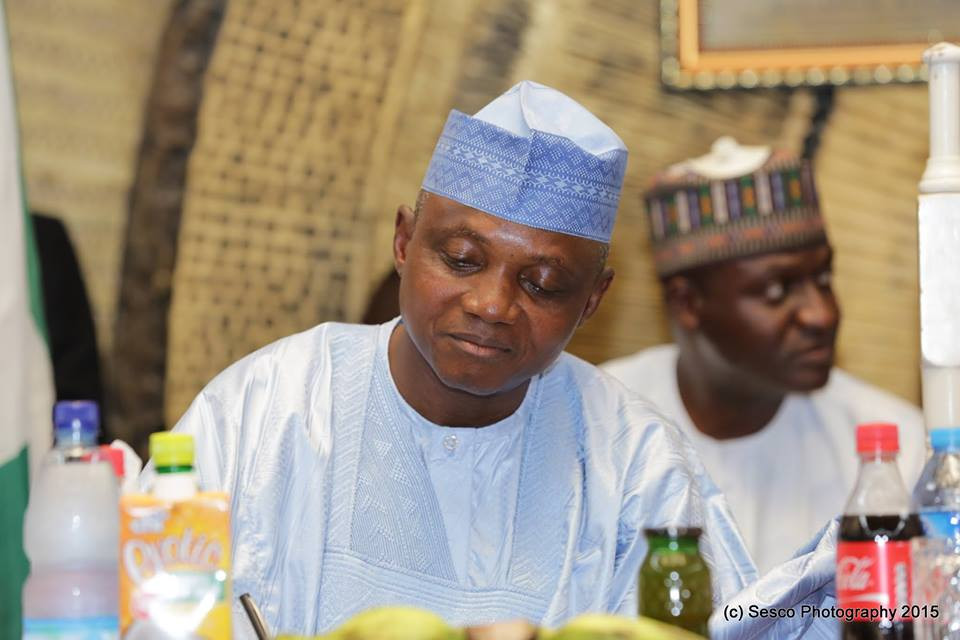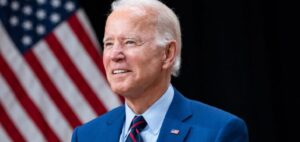Nigeria Isn’t Building Rail Line Into Niger But Only To The Designated Border Point – Garba Shehu Makes Clarification

The Presidency has debunked impression making the rounds that the Kano-Katsina-Jibia-Maradi railway line would be built by Nigerian in the territory of the neighbouring Niger Republic was wrong.
The Federal Executive Council (FEC), on Wednesday, approved $1.96 billion for a rail project, starting from Kano and terminating at Maradi.
However, explaining the scope and form of the project in a number of tweets on his verified Twitter handle, Senior Special Assistant to President Muhammadu Buhari on Media and Publicity, Garba Shehu, said the Nigerian end of the rail line would terminate at the country’s end of the border with Niger.
Pointing out that an agreement between Nigeria and Niger in 2015 coordinated by the Nigeria-Niger Joint Commission for Cooperation has a plan for “Kano-Katsina-Maradi Corridor Master Plan, (K2M)”, Garba Shehu further stated that the two nations would each build a rail track to meet at the border town of Maradi.
He added that the objective of the rail is the harnessing of raw materials, mineral resources and agricultural produce. When completed, it will serve domestic industries and play the role of a a viable transportation backbone to the West African subregion, starting with the neighboring Niger Republic for their export and import logistic chain.
The statement read;
Nigeria isn’t building rail line into Niger but, only to the designated Border point.
An agreement between Nigeria and Niger in 2015, coordinated by the Nigeria-Niger Joint Commission for Cooperation has a plan for “Kano-Katsina-Maradi Corridor Master Plan, (K2M)” as it is called.
Going by this, the two nations would each build a rail track to meet at the border town of Maradi.
Nigerian delegates to that meeting comprised officials from the Ministry of Foreign Affairs, National Boundaries Commission, Federal Ministry of Industry, Trade and Investment, Ministry of Agriculture and Rural Development, Water Resources as well as those of Kano and Katsina states.
The objective of the rail is the harnessing of raw materials, mineral resources and agricultural produce. When completed, it will serve domestic industries and play the role of a a viable transportation backbone to the West African subregion, starting with the neighboring Niger Republic for their export and import logistic chain.




